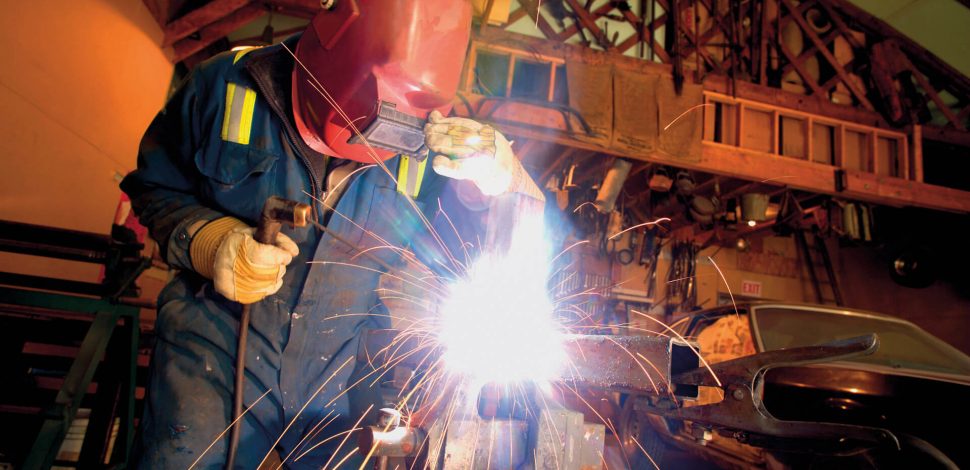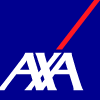Health and safety at work : an employer’s obligations

News
Health and safety at work : an employer’s obligations
June 13, 2019
Employers are required to protect their employees’ health and safety in the workplace and must take steps to assess and prevent risks. Severe penalties may be faced by the companies that fail to do so.

April 28, 2019, is the World Day for Safety and Health at Work. This year’s celebration is special because it marks the centenary anniversary of the International Labour Organisation (ILO).
Employers have a legal obligation to take all necessary steps to protect employees. This applies not only to employees’ physical safety and health (protection from workplace accidents and occupational diseases), but also their mental health (protection from burn-out, alcoholism, etc.).
In the event of non-compliance, labor inspection authorities can file a report, refer the case to a judge for urgent action, and even request the temporary shutdown of operations. The company may be fined an amount of at least €3,750 and its executives can be sentenced to prison.
To comply with legal requirements, the company must prove that it has carried out a risk assessment and implemented preventive initiatives.
Step 1: assessing risks
To the extent that they are relevant to its business, the company must assess risks related to :
- manufacturing processes,
- work equipment,
- chemical substances or preparations used,
- workplace installations,
- workstation design.
The results of this assessment must be presented on a single document (Document Unique d’Évaluation des Risques Professionnels or DUERP), along with an inventory and ranking of occupational risks and proposed prevention initiatives. All organizations (including services sector companies) must have a DUERP and update it yearly. The company’s employees, employee representatives and labor inspectors must all have access to the document.

Step 2: implementing initiatives
Based on the risk assessment presented in the DUERP, employers must take corrective measures as well as steps to prevent risk, such as providing training or reorganizing production methods.
The French Labor Code also stipulates that the workplace be clean, hygienic and comply with health and safety standards such as those related to ventilation, lighting, heating and noise and fire protection.


